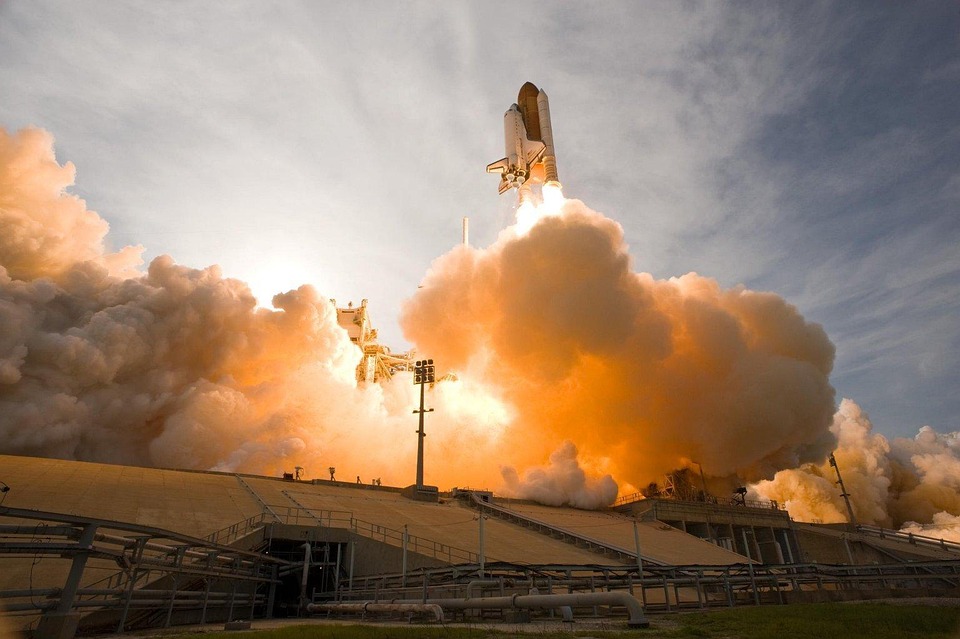Crafting a compelling CV is paramount for any aerospace engineer aiming to navigate the competitive job market in the UK. Your CV is not just a document; it is your first impression, your personal brand, and your ticket to those coveted interviews. Let’s delve into the essential components that will not only make your CV stand out but also resonate with potential employers.
1. Personal Profile: Your Professional Identity
Begin with a concise personal profile that encapsulates your professional identity. This should be a snapshot of who you are, highlighting your key achievements and skills. Use this space wisely—employ industry-relevant keywords that showcase your expertise in areas such as aerodynamics, propulsion systems, or structural analysis. Paint a vivid picture of your career journey thus far and your aspirations for the future.
2. Core Competencies: Skills That Set You Apart
When it comes to aerospace engineering, technical skills are non-negotiable. However, it’s equally important to showcase your soft skills. Here’s a suggested format:
- Technical Skills: Proficiency in CAD software, experience with finite element analysis, knowledge of aerospace regulations.
- Soft Skills: Problem-solving abilities, teamwork, leadership experience, and excellent communication skills.
By categorising your competencies, you make it easier for hiring managers to identify your strengths quickly.
3. Professional Experience: Show, Don’t Just Tell
Your work experience section should be more than just a list of past jobs. Use the STAR method—Situation, Task, Action, Result—to frame your achievements. For instance:
- Role: Aerospace Design Engineer at XYZ Ltd.
- Situation: Tasked with redesigning a component to improve fuel efficiency.
- Action: Collaborated with cross-functional teams and implemented innovative design modifications.
- Result: Achieved a 15% increase in efficiency, contributing to cost savings of £100,000 annually.
This approach not only highlights your responsibilities but also quantifies your impact, making your contributions tangible.
4. Education and Qualifications: Showcase Your Foundation
In the aerospace sector, educational qualifications are crucial. List your degrees, certifications, and any relevant training programmes. If you graduated with honours or received any accolades, don’t hesitate to emphasise these achievements. Furthermore, including ongoing professional development, such as workshops or online courses, signals your commitment to continuous learning.
5. Additional Sections: Make Your CV Holistic
Consider adding sections that showcase your broader interests and experiences. Volunteer work, hobbies, or involvement in professional societies can provide insight into your character and work ethic. For instance, participation in engineering competitions or contributions to engineering forums can demonstrate your passion for the field.
The Finishing Touch: A Polished Presentation
Once you’ve crafted the content, ensure your CV is visually appealing. Use a clean, professional layout with clear headings and bullet points for easy readability. Pay attention to grammar and spelling—errors can detract from the impression you wish to convey. A well-structured CV reflects not just your skills but also your attention to detail.
In the bustling UK job market, a standout CV can make all the difference. It’s an opportunity to showcase not just what you’ve done, but who you are as a professional. As you navigate this journey, remember that CVPortal continues to provide you with a variety of high-quality resume references to help you shine in your pursuit of a rewarding career in aerospace engineering.


